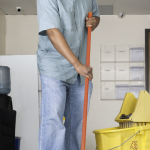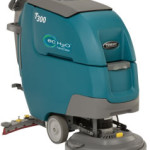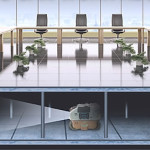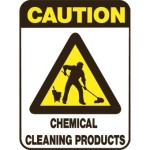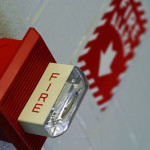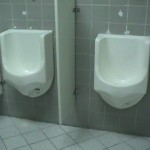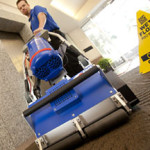High Rise Facilities |
January 5, 2016
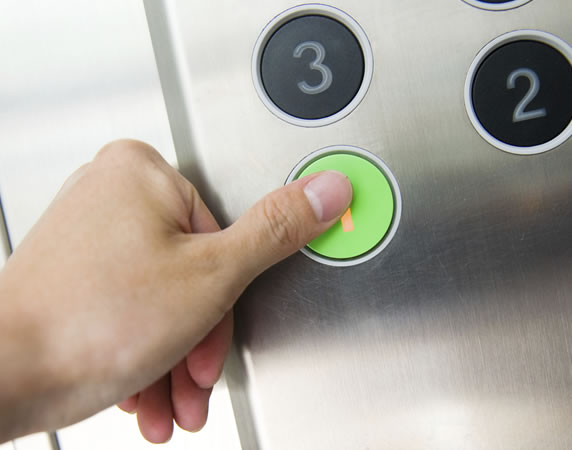 Most prevalent in the winter months, norovirus is the most common cause of acute gastroenteritis outbreaks in the United States resulting in as many as 21 million cases each year and 1.9 million hospital visits1.
Most prevalent in the winter months, norovirus is the most common cause of acute gastroenteritis outbreaks in the United States resulting in as many as 21 million cases each year and 1.9 million hospital visits1.
“A norovirus outbreak can wreak havoc on a business’s productivity,” said John Engel, Senior Marketing Manager, Cintas. “Whether you work in a school, medical building, hotel, restaurant or even a cruise ship, an aggressive cleaning regimen with effective cleaning, sanitization and disinfection can help reduce the impact or threat of an outbreak.”
The Centers for Disease Control and Prevention (CDC) identifies three primary modes of transmission for norovirus: eating or drinking contaminated foods or liquids, touching surfaces or objects contaminated with norovirus then putting your fingers in your mouth or having direct contact with an infected person.
To help minimize the spread of norovirus, facility managers should pay close attention to the following items within a building:
Door handles. Because they are one of the most touched surfaces in a facility, it’s important to regularly wipe down and disinfect all door handles within a building. This includes doors to offices, restrooms, storage areas, refrigerators, as well as the front and back entrances that are often used by employees.
Community tables. Whether it is in a conference room, waiting area or in an employee cafeteria, table surfaces are touched often and should be regularly cleaned and disinfected.
Elevators. Touched daily by employees or guests, elevator buttons can be a likely source for virus transmission. Wipe down elevator buttons on a daily basis and sanitize them at least once a week.
Community benches and chairs. Because they are designated for sitting, seats might be an overlooked part of the cleaning and disinfecting process. To prevent the spread of bacteria and norovirus infection, clean all parts of the seat, including the bottom and arm rests.
Light switches. Although light switches in primary areas of a facility, such as the lobby, might be touched only once a day, light switches in other areas like meeting rooms, offices or the restroom are used more frequently and require additional cleaning.
Employee kitchen equipment. Clean and wipe down the surfaces of all kitchen and break room equipment, including large items such as dishwashers and microwaves and smaller equipment such as coffee makers and toasters.
Drinking fountains. Drinking fountains can become contaminated by a variety of germs from the user’s mouth and hands, which is why it’s important to disinfect their surfaces – particularly their spouts and handles daily.
Railings. Located alongside stairs or at the top of an atrium or overlook, railings and handrails should be cleaned and disinfected daily.
Tags: Cintas, cleaning
Category: Cleaning & Waste Management Intelligence






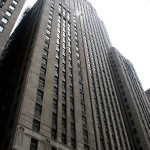
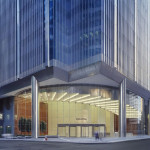





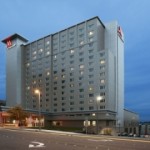
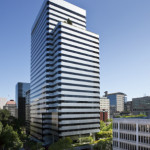



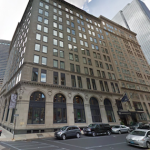





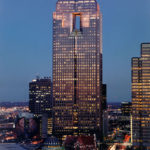

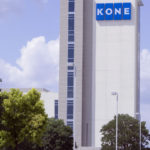
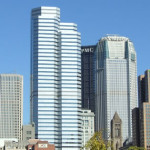



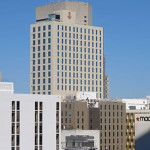




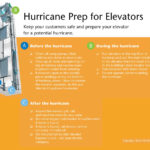

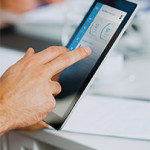




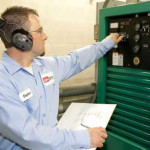

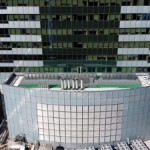






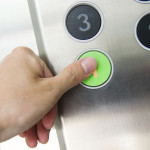
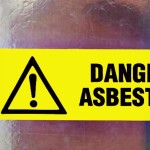
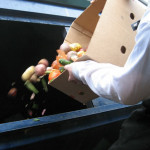



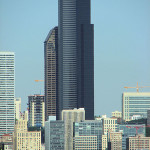





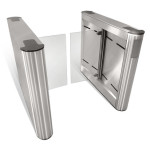




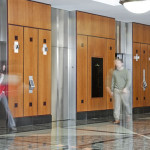
 An award winning editor, Leah spent over eight years in senior
editorial positions at both BUILDINGS magazine and ARCHI-TECH
magazine. Her work has been incorporated into training and
educational programs around the country. She is a graduate of
University of Iowa. She is Editor at Large for High Rise Facilities.
An award winning editor, Leah spent over eight years in senior
editorial positions at both BUILDINGS magazine and ARCHI-TECH
magazine. Her work has been incorporated into training and
educational programs around the country. She is a graduate of
University of Iowa. She is Editor at Large for High Rise Facilities.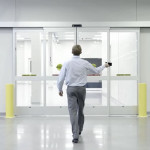
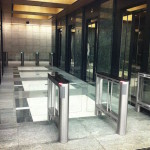
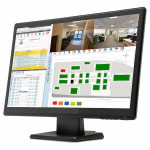
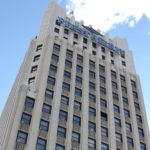
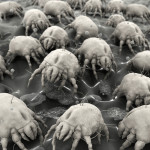


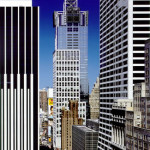



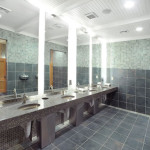

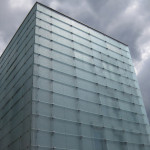

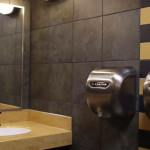
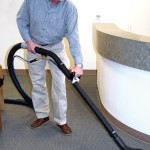
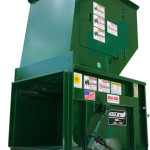

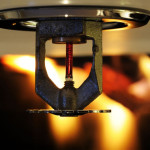
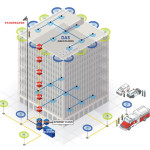



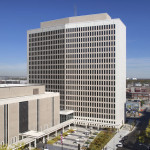







 Most prevalent in the winter months, norovirus is the most common cause of acute gastroenteritis outbreaks in the United States resulting in as many as 21 million cases each year and 1.9 million hospital visits1.
Most prevalent in the winter months, norovirus is the most common cause of acute gastroenteritis outbreaks in the United States resulting in as many as 21 million cases each year and 1.9 million hospital visits1.